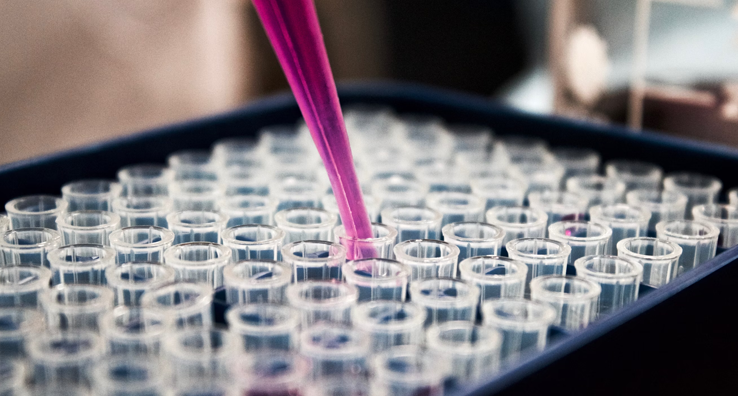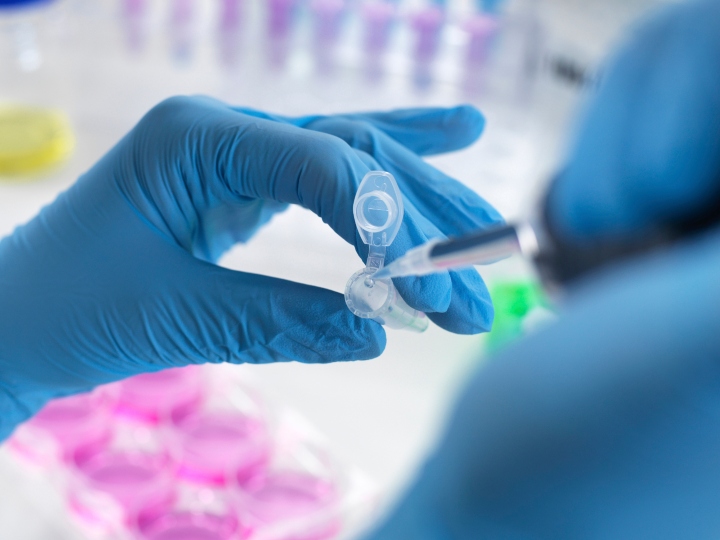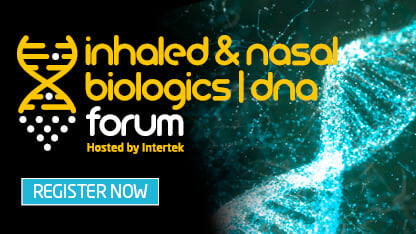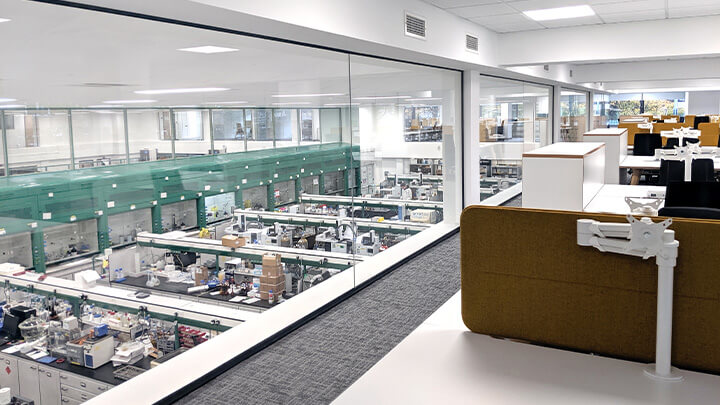Monoclonal antibodies analysis and characterization support services, including testing, comparability, purity, structure, physicochemical properties, PTM, glycosylation and aggregation.
The FDA have approved over 100 monoclonal antibody products since this product class became a reality, which means this modality now accounts for approximately 20% of drugs approved by the FDA annually. Looking ahead, experienced analytical know-how will continue to play a key role to support the development of these products.
Expert support services in the analysis and characterization of antibodies and mAbs
With our extensive expertise in antibody and mAb analysis and characterization, we leverage our industry and regulatory knowledge, particularly in EMA and ICH guidelines as well as Ph. Eur. Monographs. This expertise allows us to design strategic packages tailored to your specific needs and phase of development, ranging from preclinical-phase characterization studies to Good Manufacturing Practice (cGMP) manufacture and beyond.
Our analytics can be customized to address your specific requirements throughout the development and production lifecycle, with a particular focus on monitoring critical quality attributes (CQAs). This includes demonstrating that process changes do not affect physicochemical properties and structure, and ensuring the absence of product-related or process-related impurities.
We also offer support analytics to help you to demonstrate consistency or comparability of manufactured batches or as release tests for clinical trial materials or on-going GMP batch release tests. Our antibody product ICH stability studies include forced degradation studies for identification of degradation products and development of stability indicating methods.
We offer comprehensive antibody and mAb characterization and analysis services:
- Intact molecular weight (MW) and MW distribution (mass spectrometry, SEC-MALS)
- Amino acid sequence and composition (peptide mapping, mass spectrometry, amino acid analysis)
- Glycan profiling (HILIC-FLR-MS)
- Extinction coefficient determination and validation
- Electrophoretic and isoform patterns (cIEF, gel IEF, SDS PAGE, Western Blot, CZE)
- Liquid chromatographic patterns (RP-HPLC, Ion Exchange HPLC, SEC)
- Spectroscopic profile (CD, NMR, FTIR, Fluorescence) for secondary and higher order structure
- Disulphide bridge mapping (Mass spectrometry)
- Terminal amino acid sequencing including lysine clipping, proline amidation, pyroglutamic acid. (Mass spectrometry, CE)
- Evaluation of PTMs including oxidation and deamidation (Mass spectrometry, cIEF)
- Potency assessment (cell based assays)
- Aggregation studies (SEC, DLS, Western Blot)
- Forced degradation studies
- Quantification of host cell proteins (HCP) - total or individual HCPs and residual DNA
- Physicochemical properties (includes colour, clarity / opalescence, pH, particulates, turbidity, extractable volume, moisture, osmolality) comms
mAb Structural Characterisation
Mass spectrometry is a powerful technique for confirming the primary sequence with intact mass analysis and peptide mapping. This allows expected sequences to be confirmed and terminal amino acid homogeneity to be assessed. Our team also profile post-translational modification hot spots through peptide mapping and monitoring areas such as the complementary determining region (CDR) which are important for specificity and so modifications in these regions are more likely to impact on activity. Our state-of-the-art laboratories for custom antibody benefit from continuous investment in advanced analytical instrumentation, which allows us to deliver data with the highest sensitivity, accuracy, and resolution.
Product Variant / Degradants
Protein aggregation and fragmentation may lead to immunogenicity or loss of biological activity and our team use a variety of analytical approaches to address product variant or degradants. To monitor aggregation, we use Sedimentation Velocity Analytical Ultracentrifugation (SV-AUC), SEC-MALS, Dynamic Light Scattering (DLS) and Western Blot.
Recombinant mAbs undergo chemical degradation through diverse mechanisms comprising deamidation, oxidation, isomerization, and fragmentation that result in several charge variants and heterogeneity formation. During characterization, we apply our knowledge to determine the PTM profile, establishing the location of variants through peptide mapping with high resolution mass spectrometry. To establish overall levels of charge variants, we use CE or IEF techniques. These charge heterogeneity methods can also be validated and used in quality control for monitoring this CQA as part of a batch release requirement.
Our experience spans recombinant monoclonal antibodies and related products such as bispecifics, biosimilars, fusion proteins, Fab-fragments and Fc fragments and antibody drug conjugates (ADCs). Our experts are ready to support your mAb product development and production, helping you to meet all of your monoclonal antibody analysis and characterization needs and according to the EMA and ICH guidelines.
Pharmaceutical News & Events
- PRESS RELEASE: Lab expansion to enhance capabilities in inhaled biologics drug development
- PRESS RELEASE: Intertek partners with CrystecPharma to advance formulation science and accelerate development for dry powder inhalers
- NEW! Blog: Optimising Quality in Pharma Supply Chains
- Determination of Particles in Pharmaceuticals - Article
- Discover our Audit Live Tool for direct access to our scheduled audits
- Extractables/Leachables Lab Tour - Request access
- Medical Device Extractables & Leachables Studies
- Glycosylation Analytical Approaches for Antibody Therapeutics
- Rapid Determination of Low/Trace Level Benzene in Pharmaceutical Excipients and Finished Products


COVID-19 VACCINE OR THERAPEUTIC TESTING & DEVELOPMENT SUPPORT
IMMEDIATE QUESTION? Ask our experts now
FACTSHEET: COVID-19 Vaccine or Therapeutic Testing & Development Outsourcing
ARTICLE: Repurposing Vaccines for Intranasal Development
WEBINAR: Quality Control Strategy for Vaccine Development
WEBINAR: Repurposing Drugs for Inhaled Delivery
eBOOK: Contingency Outsourcing Solutions


